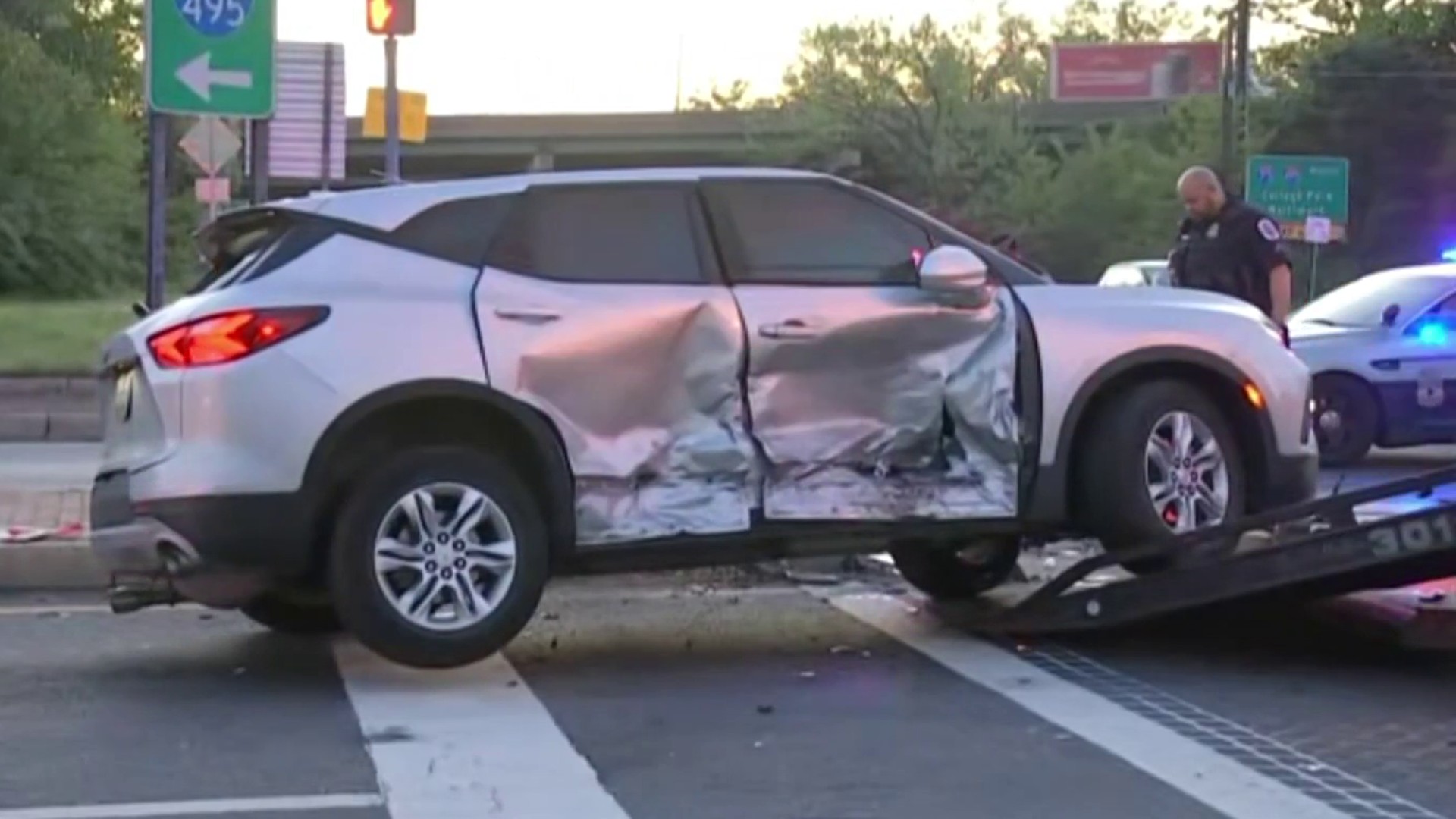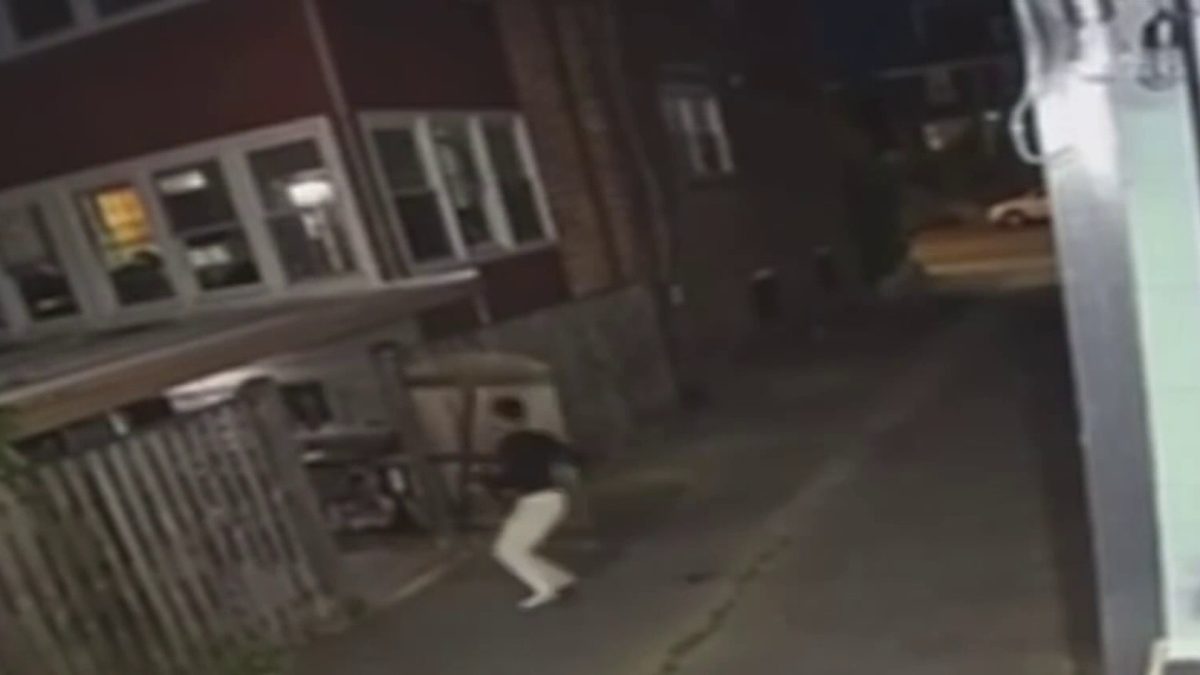Though 20 years have passed since a gunman killed three people and himself at Metropolitan Police Department headquarters, some D.C. officers remember the traumatic event like it was yesterday.
A 22-year-old man entered the headquarters on Indiana Avenue NW on Nov. 22, 1994, disgruntled and looking for a homicide unit commander whose detectives implicated him in a triple murder involving drugs.
"It was just hard to believe. I was a young, rookie officer at the time. It was just hard to believe... that someone was shooting at headquarters," Police Chief Cathy Lanier said.
He was directed to the MPD's cold case unit by passing strangers, where veteran Sgt. Henry "Hank" Daly, 51, was working, along with FBI agents Michael Miller, 36, and Martha Dixon Martinez, 35.
The gunman, later identified as Bennie Lee Lawson, Jr., opened fire, killing Daly, Miller and Martinez, and then turning a gun on himself.
"You could see the smoke wafting out of the front door," Chris Kauffmann with D.C. police said. "We're trying to open the door, everything, and [we're] pleading with [an FBI agent] to open the door. He was shot probably five or six times."
"When that door popped open, we saw Hank on the floor," Tony Patterson with D.C. police said.
Local
Washington, D.C., Maryland and Virginia local news, events and information
"I came around the corner and found Martha [on the floor]," retired officer Mike Brooks said, holding back tears. "After he shot Daly sitting behind his desk, Martha came right at him."
The shooting occurred while D.C. reigned as the nation's "murder capital."
"We had very, very young people killing very, very young people with impunity," Hennessy said.
"We were running years and years of the highest murder rates in the city," FBI agent John Kutcha, who survived the shooting, said during a wreath-laying ceremony Friday morning. "It happened in our house. It showed people that nowhere is safe... and we [decided we were] going to follow their lead and fight back and take back the city ... You look at the neighborhoods that were war zones, are not vibrant neighborhoods."



